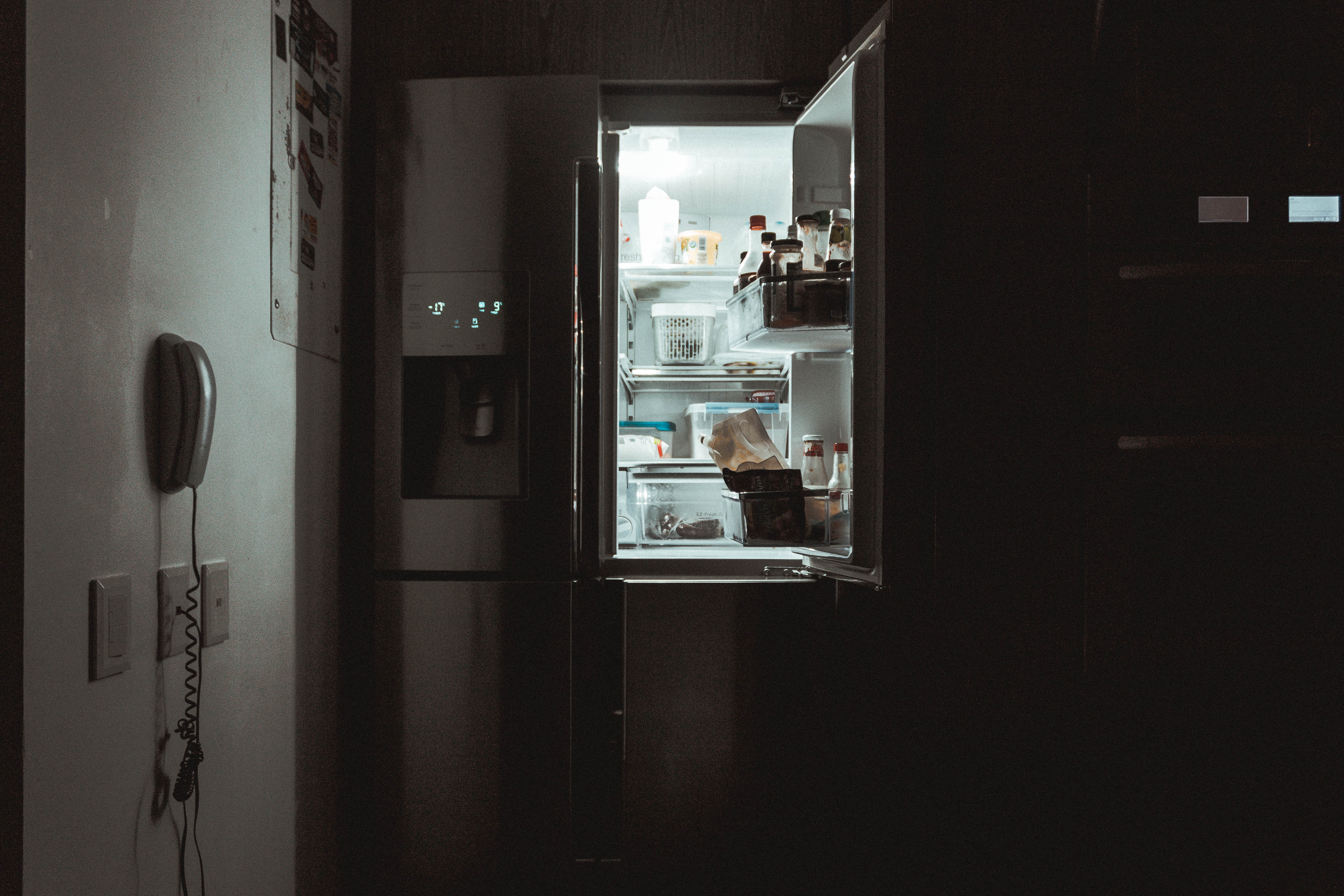The Advantages of Using HEPA Air Filters in UAE
The Advantages of Using HEPA Air Filters in UAE
HEPA filter air purifiers are a type of air purifier that is widely used in homes, offices, and other indoor spaces to trap pollutants and allergens from the air. The acronym ""HEPA"" stands for ""High-Efficiency Particulate Air,"" and refers to the filter's ability to capture particles as small as 0.3 microns in size with a high degree of efficiency.
The Science Behind HEPA Filters
HEPA filters work by using a combination of three different mechanisms to trap particles: interception, impaction, and diffusion.
An interception occurs when particles in the air come into contact with the filter fibres and become trapped. This happens when the particle is larger than the gap between the fibres.
Impaction occurs when larger particles are unable to follow the airstream and collide with the fibres, where they become trapped.
Diffusion occurs when smaller particles move erratically due to Brownian motion and collide with the fibres, where they become trapped.
Together, these mechanisms allow HEPA filters to capture particles of various sizes with a high degree of efficiency.
Filtration Efficiency
The efficiency of an air purifier with HEPA filter is measured by its Minimum Efficiency Reporting Value (MERV) rating, which ranges from 1 to 20. The higher the MERV rating, the more efficient the filter is at capturing particles.
These filters typically have a MERV rating of 17 or higher, which means they are able to capture at least 99.97% of particles that are 0.3 microns in size or larger.
Filter Thickness
The thickness of a HEPA filter can also affect its efficiency. Thicker filters have more surface area, which allows them to trap more particles. However, thicker filters can also reduce the airflow in a system, which can lead to decreased efficiency.
Particle Size
HEPA filters are most effective at capturing particles that are 0.3 microns in size or larger. This is because particles that are smaller than 0.3 microns are able to pass through the filter due to their size and erratic movement.
However, these can still capture particles that are smaller than 0.3 microns in size through diffusion, which causes them to collide with the fibres and become trapped.
HEPA filter air purifiers are an effective way to remove pollutants and allergens from the air. By using a combination of interception, impaction, and diffusion, these filters are able to trap particles of various sizes with a high degree of efficiency. Understanding the science behind HEPA filters can help you choose the right filter for your needs and ensure that your indoor air is as clean and healthy as possible.
If you are looking to buy the best air purifiers in UAE visit our Levoit air purifier product page and find the best option for you.









